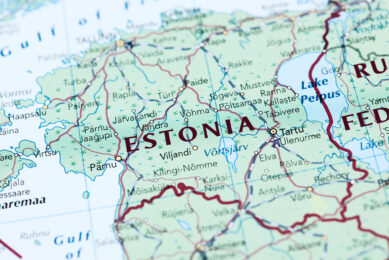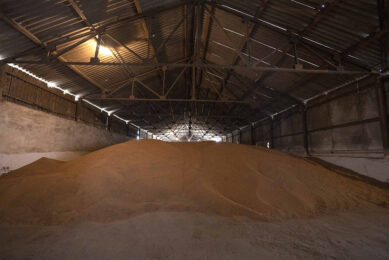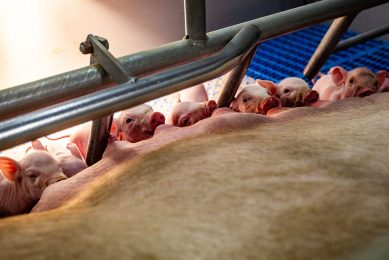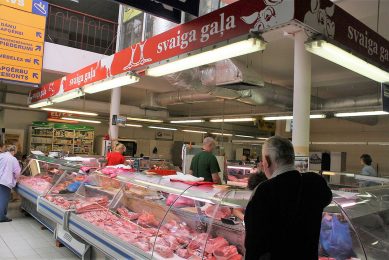Estonian pig production declines
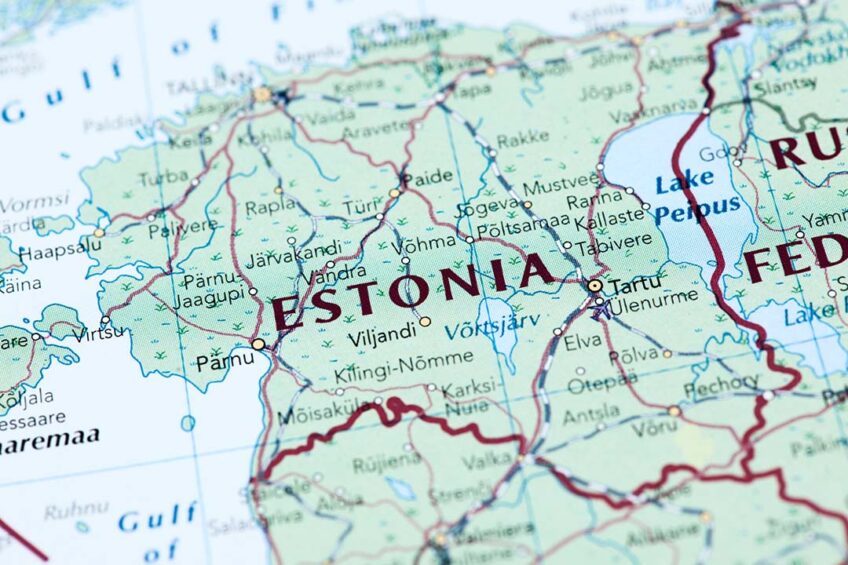
Estonia manufactured 39,800 tonnes of pork in 2023, 10% less than in 2022. The negative dynamics are partly attributed to African Swine Fever (ASF) outbreaks. Recently approved compensations could prevent further decline.
The entire Estonian meat industry had a negative production performance dynamic last year, the Estonian Statistical Department reported. The overall meat production dropped by 5% to 75,600 tonnes compared to 2022. A combination of factors contributed to this decline, including the ASF outbreaks, changes in consumer preferences, and economic challenges.
Decline in pork production
Pork accounts for more than half of the Estonian meat production and the lion’s share of consumption. This segment has also experienced the strongest declines on all fronts. For instance, poultry production totalled 22,900 tonnes, which was only 1% less than in the previous year. Beef production climbed by 3% to 12,400 tonnes. Ege Kirs, a senior analyst with the Statistical Department, admitted that Estonian meat production was the smallest in 5 years.
Last year, Estonians consumed 100,600 tonnes of meat, 3% less than the year before. As production declines ahead of consumption, Estonia saw a 2% rise in meat imports to 74,800 tonnes last year, the Statistical Department indicated. It did not provide separate details on pork imports.
ASF aid on the way
The Estonian government recently gave the green light to the Financial Ministry’s plan of over a million euro’s to eliminate ASF outbreaks, prevent the further spread of the disease and compensate farmers for the losses suffered due to outbreaks.
This financial aid plan is a significant step towards stabilising the pig industry, as it not only provides immediate relief to affected farmers but also demonstrates the government’s commitment to the long-term sustainability of the industry.
According to government officials, the step is crucial for the future of the Estonian pig industry since the threat of ASF outbreaks and a lack of state compensation discouraged businesses from investing in the capacities they could lose overnight.
ASF in the Estonian pig industry
ASF hits the pig industry hard, and the state has to compensate for the associated costs, noted the Estonian Finance Minister Mart Vyrklaev. He added that the European Union will cover a third of the total amount.
Regional Development Minister Madis Kallas welcomed the decision, which he described as long-awaited in the country. He explained that the compensation was life-saving for pig farmers, and by providing it, the state was fulfilling its duty.
In July 2023, the Estonian veterinary services confirmed ASF outbreaks at the industrial farm Rakvere Farmid AS in Põlva County in the south-east of the country and at the Siber farm in the Rõuge parish of Võru County near the border with Russia. Nearly 10,000 pigs were culled as a result.



